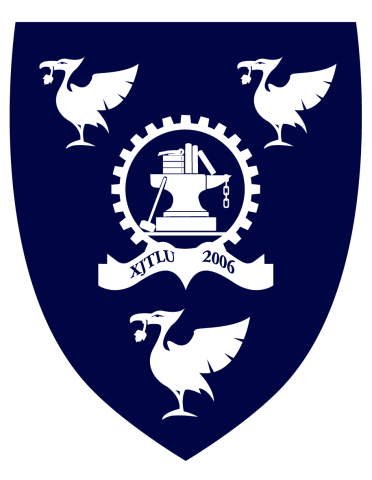An MSc Actuarial Science qualification will provide students with the knowledge and skillset to investigate financial accounts, analyse risks, and design actuarial models for a wide range of fields. This programme covers a series of core modules from the Institute and Faculty of Actuaries (IFoA) and Society of Actuaries (SOA).


Students that complete the programme will have a wide range of skills, making them highly employable. Actuaries are greatly valued in the financial and insurance industries, as well as many other fields that demand data analysis and problem-solving capabilities.
The modules offered in this programme will provide strong theoretical foundations and practical experience in mathematical, statistical, financial and business management skills. These not only include traditional industries such as insurance, financial markets and emerging markets, but also involve medical and health institutions, government management institutions, industry and engineering, education and agriculture, etc.
Through the study of these core modules, students will gain professional knowledge in these fields:
- Data analysis of insurance industry
- Corporate financial management
- Statistical models and methods
- Asset and liability valuation models
- Quantitative finance
- Financial risk measurement
- Management involving individuals, organisations and public services.
Upon graduation, students will be able to do the following:
- Implement core mathematical, statistical and computational knowledge and skills in practical tasks related to the insurance and risk management fields
- Understand and fulfil the role of an actuary in a commercial or regulatory organisation
- Apply relevant methodologies appropriately in the analysis and process of different data
- Put into practice the programming skills learned with software such as R, Maple, MATLAB, Python and Excel for financial and actuarial modeling
- Undertake projects using scientific research methodologies.
UNDERGRADUATE BACKGROUND
Bachelor Degree in mathematics or related field or Industrial experience deemed to be the equivalent to an Honours degree in a mathematics-related discipline. Applicants for this category will have to comply with the University’s procedures for non-standard entry.
ENGLISH LANGUAGE REQUIREMENT
IELTS 6.5 (minimum 5.5 in all sections). TOEFL iBT or PTE Academic are also accepted. Please refer to the below equivalence table.
ADDITIONAL REQUIREMENTS
No work experience required. Applicants who do not meet these course entry academic requirements may still be considered in exceptional cases. The School will consider each application that demonstrates additional strengths and alternative evidence. This might, for example, be demonstrated by: Related work experience; A strong portfolio and/or professional reference OR a combination of factors
Please visit Entry Requirements for full details.
Some of our graduates become actuarial trainees and study for professional examinations. Others embark on some of the following lucrative careers: Investment banking and investment management, Accountancy, Commercial banking, Insurance, Financial analysis, Management, Consulting, Regulation, Computing and programming, Research and teaching.